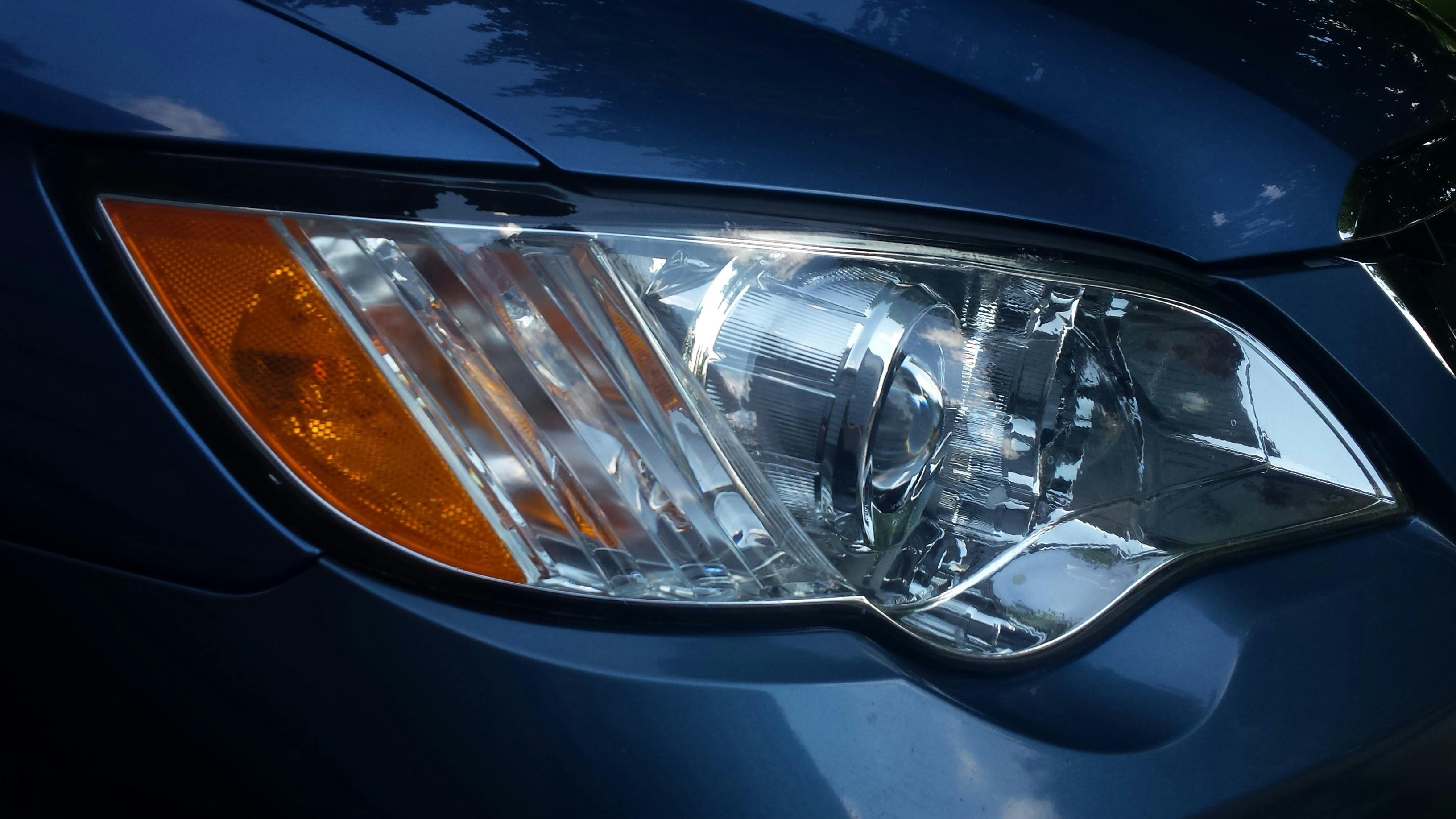How Long Until Nobody Owns a Car?
Published:

Technology is changing at an unprecedented rate. Things that seemed like distant science fiction a few years ago are now just a few years from becoming an everyday reality. We still don't have flying cars, but self driving cars? Robot workers? Increasingly complex artificial intelligences? All are here already as working prototypes and in the process of being tested for real world applications.
Self Driving Cars
Take self driving cars. It's clear they are going to radically shift the service and aftermarket industries as we know them. The way people use their cars, how they think of them and interact with them, is all going to change. (Werner Lieberherr, CEO of MANN+HUMMEL discussed this in his interview with AMN.) Imagine in 10 or 15 years, a fully autonomous car driving itself in for a service appointment, then back to pick up its owner after work!
Even the way people own cars is changing, especially among youth. Over 50% of millennials are open to ride sharing technologies, and ride sharing is increasing in urban centers. Many younger people are opting to not even own a car, but rent one or call an Uber as needed to get around.
The further development of autonomous vehicles is only going to accelerate this trend. This isn't likely to be a problem in the near future, since there is still a very large amount of testing, infrastructure and mindset change that would have to take place before communal vehicles would be the rule rather than the exception.
But imagine the consequences. In this study by SEMA, over 30% of drivers from 16-24 accessorized or customized their vehicles. What's that going to look like when only a very few - the well off or true enthusiasts - even own their own personal vehicle?
Advances in Artificial Intelligence
Artificial Intelligences are becoming increasingly complex. Things that we historically have believed only humans can do, are being done by machine intelligences. Lexus even ran a television commercial written by an AI.
Low skilled jobs are in danger from AI machines. Robots are well suited to doing repetitive tasks, over and over (for example, the fry cook Walmart is testing). They can also be fitted with a large array of sensing equipment. How expensive can a machine be and still be cheaper than paying a person a low annual wage over time?
Now, repair work and service jobs require experience, training, and skill. But what about simpler jobs, such as oil changes? It isn't far fetched to imagine a day when the self driving car pulls into a robotic service bay, gets an oil change and inspection by a machine, and a human tech is only called in if the machine finds something out of spec.
Final Thoughts
The ideas posed in this article involve a lot of speculation and imagination. We don't yet know what the consequences will be of these new technologies. But a forward thinking business can't afford to ignore them. The world is changing, and faster than most people expect. Watch, plan ahead and look for ways to adapt so your business can succeed. Or keep doing things the same way as always and get left behind.